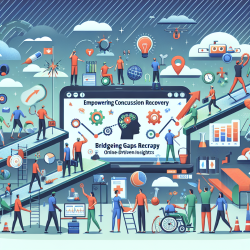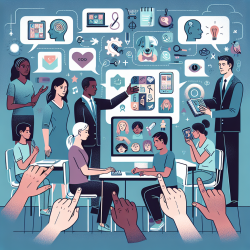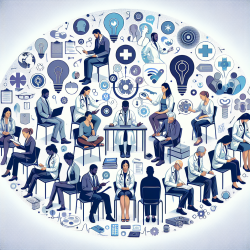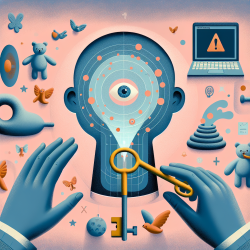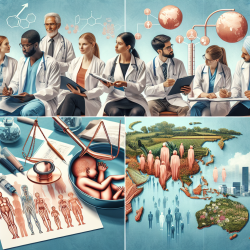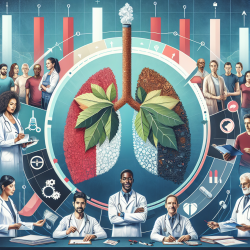Introduction
Concussions, often termed as 'invisible injuries,' have profound impacts on cognitive, physical, behavioral, and emotional functioning, affecting an individual's ability to return to work (RTW) and engage in daily activities. Recent research titled "Outlining the Invisible: Experiences and Perspectives Regarding Concussion Recovery, Return-to-Work, and Resource Gaps" sheds light on the barriers and facilitators to concussion recovery and RTW, providing valuable insights for practitioners.
Understanding the Research
The study involved semi-structured interviews and focus groups with adults who experienced concussions and workplace and healthcare professionals across British Columbia. The data, analyzed using inductive content analysis, revealed key facilitators and barriers to concussion recovery and RTW. These include treatment, social support, workplace and lifestyle modifications, and the need for widespread concussion education and standardized recovery guidelines.
Key Findings and Recommendations
- Facilitators: Effective treatment, social support, and workplace modifications were identified as crucial for recovery. Engaging occupational therapists and providing resources like brochures and information from primary care physicians were beneficial.
- Barriers: Lack of education and follow-up care from healthcare providers, poor mental health support, and inadequate workplace accommodations were significant challenges.
- Recommendations: The study emphasizes the need for standardized concussion care, increased awareness, and education for all stakeholders, including family caregivers, employers, and insurers.
Implementing Research Insights
For practitioners, the findings underscore the importance of adopting a holistic approach to concussion recovery. This involves:
- Advocating for standardized concussion recovery guidelines.
- Promoting education and awareness about concussion impacts and recovery processes.
- Facilitating interdisciplinary collaboration among healthcare professionals, employers, and workers' compensation boards.
- Encouraging mental health support as an integral part of concussion recovery.
Conclusion
By leveraging these insights, practitioners can play a pivotal role in enhancing concussion recovery outcomes. The study provides a foundation for developing comprehensive RTW protocols and addressing resource gaps, ultimately supporting individuals in their journey towards recovery and reintegration into the workforce.
To read the original research paper, please follow this link: Outlining the Invisible: Experiences and Perspectives Regarding Concussion Recovery, Return-to-Work, and Resource Gaps.
